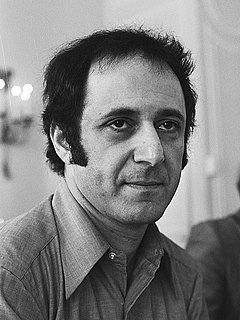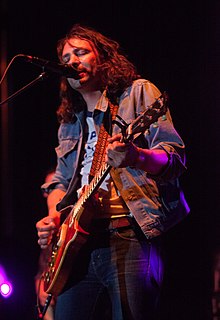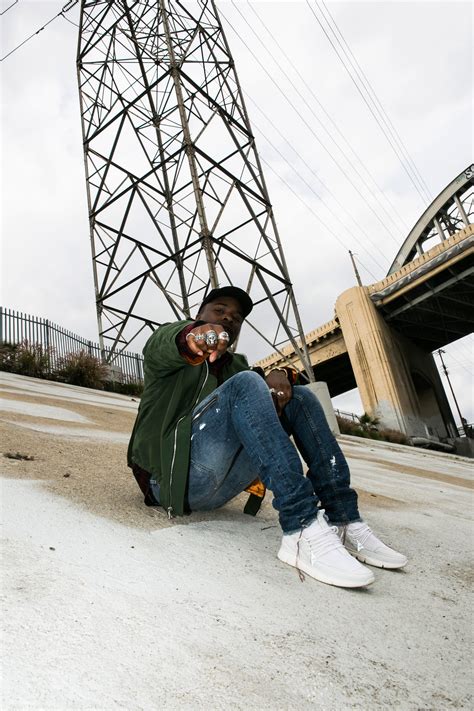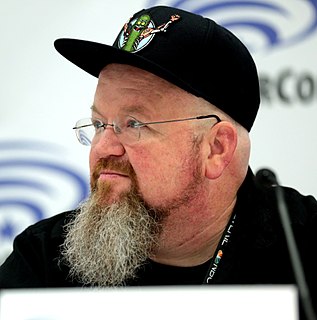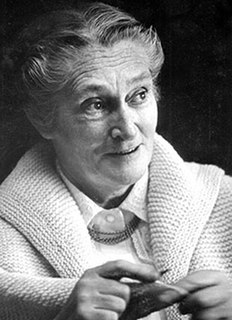A Quote by Steve Reich
I discovered that the most interesting music of all was made by simply lining the loops in unison, and letting them slowly shift out of phase with other.
Related Quotes
If you had to call it "unison", it ain't unison. It ain't the same as somebody else. If you can hear that it's unison, and you have to name it something other than "unison", it ain't unison, you know what I mean? It's two guys playin', but one guy is playin' slightly out of tune, one is playin' slightly off meter.
The most important aspect of writing the pieces that make up this eighth book was yielding to my obsessive side, letting my own "complicated grief" in on the process. You can imagine how tempting it is to try to fight the part of you that loops and loops, caught up in tangled sorrow from which it seems there's no escape.
Everyone likes to stereotype things or write them off as not that serious or "this is just a phase," especially when you're that young. The music was never a phase, but the wardrobe was certainly a phase, so I think that may have overshadowed the music in the beginning, for sure. I was so outrageous.
I went to jail at 17. While I was there, I discovered that I could write. Once I started making some songs, other inmates wanted to know a little bit more about what I was doing, and they asked me to rap for them. They really liked it, and I made it a goal to come out and try to make something out of the music.
That’s why I make music. When I listen to my favorite music made by other people, that’s what it does to me. So as a musician, I’m just trying to do the same thing with music I make. Sometimes it works, sometimes it doesn’t. But when someone comes to me and says the music I’ve made has affected them emotionally, that’s the most gratifying part of my job.
Knitting is formed by a series of loops pulled through loops to the end of time or to 'desired length'. By picking up loops and working in the opposite direction you are really picking up the concavities between the loops, and it is sheer unexpected witchcraft that stocking stitch and garter stitch will permit such an anomaly. Be grateful for this and don't expect anymore.
